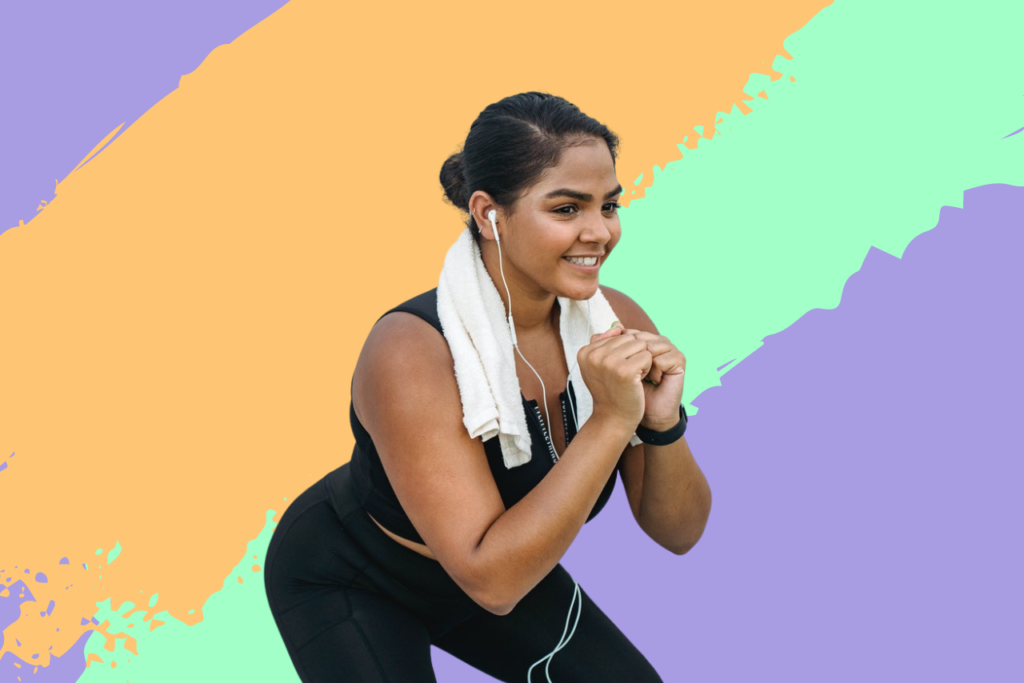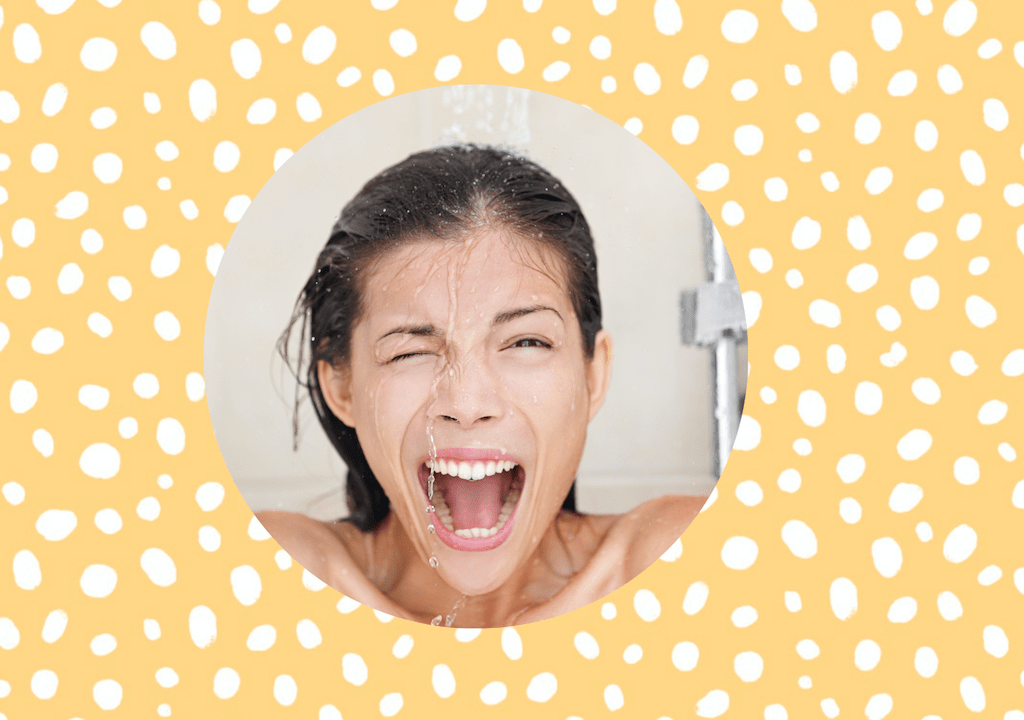The idea of biological age has well and truly entered the public discourse recently, with farcical stories about tech tycoons spending millions trying to reverse it. But fortunately, for those without quite such deep pockets, there are still things that can be done to tackle the ageing process.
Biological age is a concept that defies the traditional age-measuring system, presenting a more accurate reflection of an individual’s true physical age. The concept measures how quickly our bodies are ageing due to various lifestyle factors, genetic predispositions, and environmental factors, all of which can inform us on how to live a more healthy life.
With that in mind, here are 10 affordable, effective ways to reduce your biological age.
A Balanced & Nutritious Diet
The first and foremost step in reducing your biological age is to adhere to a balanced, nutritious diet. Antioxidant-rich foods such as fruits, vegetables, nuts, and seeds delay the ageing process by fighting off free radicals that cause cellular damage. Include lean proteins, whole grains, and omega-3-rich foods that nourish your body, enhancing the regeneration process.
While there isn’t a specific food that can directly reduce your biological age, a healthy diet can contribute significantly to overall health and longevity which could in turn impact your biological age. These include:
- Fruits and Vegetables: They are rich in antioxidants and phytonutrients that help protect cells from damage and support cellular health and repair.
- Omega-3 fatty acids: Foods rich in omega-3 fatty acids like oily fish, flaxseeds, and walnuts help reduce inflammation, a key contributor to ageing.
- Whole Grains: They are high in fibre, which aids in digestion and heart health.
- Lean Protein: Foods like fish, chicken, tofu, and beans contain essential amino acids needed for cell repair and maintenance.
- Legumes: Beans, lentils, peas and chickpeas are full of fibre, protein and antioxidants.
- Nuts and seeds: They are a rich source of healthy fats, fibre and antioxidants.
- Green Tea: It is high in antioxidants, which can protect against cell damage and inflammation.
- Fermented foods: Foods like yoghurt, kefir, sauerkraut, and kimchi, support gut health and immunity.
- Blueberries: These are high in antioxidants known as flavonoids, which may delay brain ageing and improve memory.
- Turmeric: Its active ingredient, curcumin, has been shown to have significant anti-inflammatory effects.
- Dark chocolate: It is rich in antioxidants like flavonoids.
- Olive oil: Known for its heart benefits, olive oil has been shown to lower risk of chronic diseases.

Regular Exercise
An active lifestyle is vital to reduce biological age. Regular aerobic exercise, strength training, and flexibility workouts keep your body agile and your biological age low.
Though it is recommended that adults get at least 150 minutes of moderate-intensity or 75 minutes of high-intensity exercise every week, along with muscle-strengthening activities on two or more days a week, it should be mentioned that even incorporating moderate activities like walking, cycling, or yoga into your daily routine can have a significant impact on your biological age.

Intermittent Fasting
Intermittent fasting has gained significant attention for its potential anti-aging benefits. This eating pattern alternates between periods of eating and fasting, which may trigger cellular repair processes and activate pathways that could slow aging. Research suggests that intermittent fasting can improve metabolic health, reduce oxidative stress, and promote autophagy—the body’s way of cleaning out damaged cells to regenerate newer, healthier cells.
Popular approaches include the 16/8 method (fasting for 16 hours and eating during an 8-hour window) or the 5:2 approach (eating normally for 5 days and restricting calories for 2 non-consecutive days). Unlike expensive anti-aging treatments, intermittent fasting is free to implement and can be adapted to suit individual lifestyles and preferences.
Cold Exposure Therapy
Regular exposure to cold temperatures—through cold showers, ice baths, or winter swimming—may have significant benefits for biological aging. Cold exposure activates brown adipose tissue (brown fat), which burns energy to generate heat and may improve metabolic health. It also triggers a mild stress response that can strengthen cellular resilience through a process called hormesis.
Studies suggest that cold exposure can reduce inflammation, improve immune function, and enhance mitochondrial health—all factors that influence biological age. Starting with just 30 seconds of cold water at the end of your regular shower can provide benefits without any financial investment.

Limit Alcohol & Avoid Smoking
Alcohol overconsumption and smoking significantly increase your biological age. These habits lead to oxidative stress, promoting inflammation and accelerating the ageing process.
Limiting alcohol intake and eliminating smoking from your lifestyle can considerably reduce your biological age. Whether you’re switching to no ABV drinks or switching to tobacco-free snus in lieu of drinking alcohol or smoking, taking steps to reduce or eliminate these habits could have an impact on your biological age.
Cultivating Strong Social Connections
The importance of social relationships for longevity is often underestimated. Research consistently shows that people with strong social connections live longer and healthier lives. Chronic loneliness and social isolation increase stress hormones and inflammation, potentially accelerating biological aging.
Making time for meaningful social interactions—whether through community activities, regular family gatherings, or maintaining close friendships—can have a powerful impact on biological age. This could be as simple as scheduling weekly video calls with distant loved ones, joining community groups based on shared interests, or volunteering. These activities typically cost little to nothing but yield significant returns for both mental and physical health, potentially adding years to your life.

Stress Management
Chronic stress can speed up the biological ageing process in several ways:
- It can cause our protective chromosome caps, called telomeres, to shorten faster, affecting cell lifespan.
- It can lead to inflammation which can damage healthy cells and organs.
- It can cause an imbalance in hormones that can lead to health problems.
- It weakens our immune system, making us more vulnerable to diseases.
- It can lead to unhealthy behaviours, like poor diet and lack of exercise, which contribute to ageing.
In short, chronic stress accelerates ageing at a cellular level. It’s crucial to incorporate stress management techniques like meditation, deep breathing exercises, yoga, and mindfulness into your routine. Regularly practising these techniques can help control your stress hormone levels, thus reducing your biological age.
Adequate Sleep
Sleep is a fundamental restorative process for the body, allowing cells to regenerate, which is crucial for maintaining overall health and slowing the ageing process. Lack of quality sleep can lead to elevated stress hormones and inflammation, accelerating cell ageing and contributing to health issues often associated with ageing.
On the flip side, a good night’s sleep is a powerful anti-ageing tool. It allows your body to refresh and repair itself, playing a crucial role in reducing your biological age. Establish a regular sleep schedule, ensure your sleeping environment is peaceful and dark, and avoid screens before bedtime to enhance your sleep quality.

Regular Health Check-ups
Routine health check-ups can identify any potential health problems at an early stage. Regular assessments can provide crucial insights into your biological age, which can be beneficial in designing preventative measures to slow down the ageing process. There are also targeted biological age tests currently available, but their reliability is still debated in scientific communities.
Read: 5 key health checks to schedule as you get older
Mindful Living
Mindful living encourages a holistic approach to health, fostering better mental, emotional, and physical wellbeing. Paying attention to your body’s needs, staying positive, and maintaining healthy social relationships can lead to a meaningful, fulfilled life, thus reducing your biological age.
And on that note, why not check out these tips on how to live more mindfully and in the moment. You won’t regret it!
*This article is not intended to replace medical advice, diagnosis or treatment given by a qualified mental health professional. Instead, this article only provides information, not advice. For any medical enquiries, always consult your GP first*





